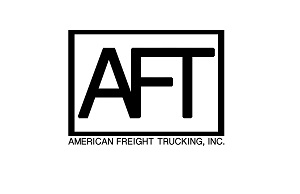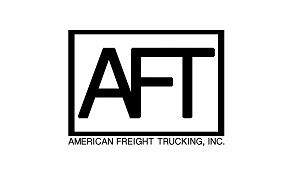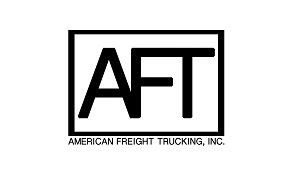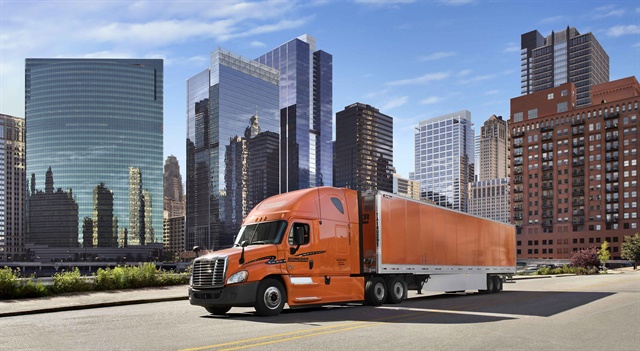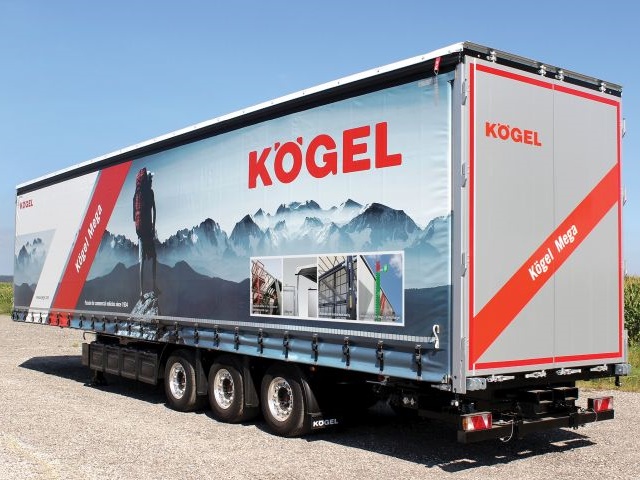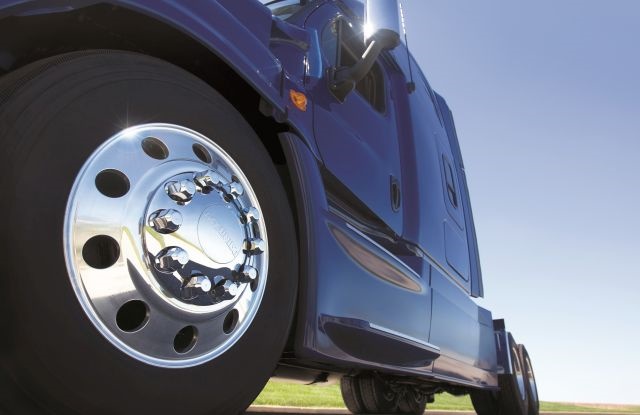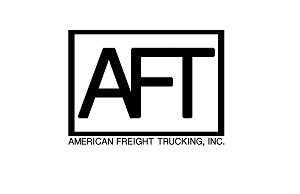<img width="150" src="http://www.automotive-fleet.com/fc_images/articles/m-21wheels-1.jpg" border="0" alt="
With strict emissions and fuel-economy requirements of new GHG Phase 2 regulations just around the corner, look to aluminum and lightweight steel wheels to contribute to overall equipment compliance. Photo: Accuride
">
With strict emissions and fuel-economy requirements of new GHG Phase 2 regulations just around the corner, look to aluminum and lightweight steel wheels to contribute to overall equipment compliance. Photo: Accuride
">The wheel is such a long-standing, fixed presence in our lives, that we rarely think about them. Until one fails, of course. In practice, wheels function quite well with only limited attention and maintenance. But that's no excuse not to pay attention to them at regular intervals.
For many fleets, the entire thinking process behind truck wheels is to simply bolt them on and then never think about them again until the next tire change takes place, says Rafael Gonzalez, Accuride's director of product management, wheels. ”That's a concern for our industry, because, unfortunately, that's a very common practice today. But the good news is that although wheels don't require much maintenance, a little maintenance can make them last a very long time.”
Little maintenance, long livesFleets today have a choice between steel and aluminum wheels. Each has distinct advantages that can help fleets achieve their goals.
Steel wheels are less expensive to purchase, but require more maintenance and are generally heavier than aluminum wheels — although Craig Kessler, vice president of engineering, wheels, at Accuride, says ongoing research and development have cut the weight of both substantially.
“We're down to 45 pounds per aluminum wheel today, and we used to be over 60 pounds,” Kessler says, with the help of new additives and changes to the base alloy. “We've taken out 15 pounds in unit weight for our steel wheels over a two-year period thanks to better machining methods and better manufacturing processes that give us more control over variables when forging and heat-treating the wheels.”
Merrick Murphy, president, Arconic Wheel and Transportation Products (formerly known as Alcoa), says wheel selection can lead to

